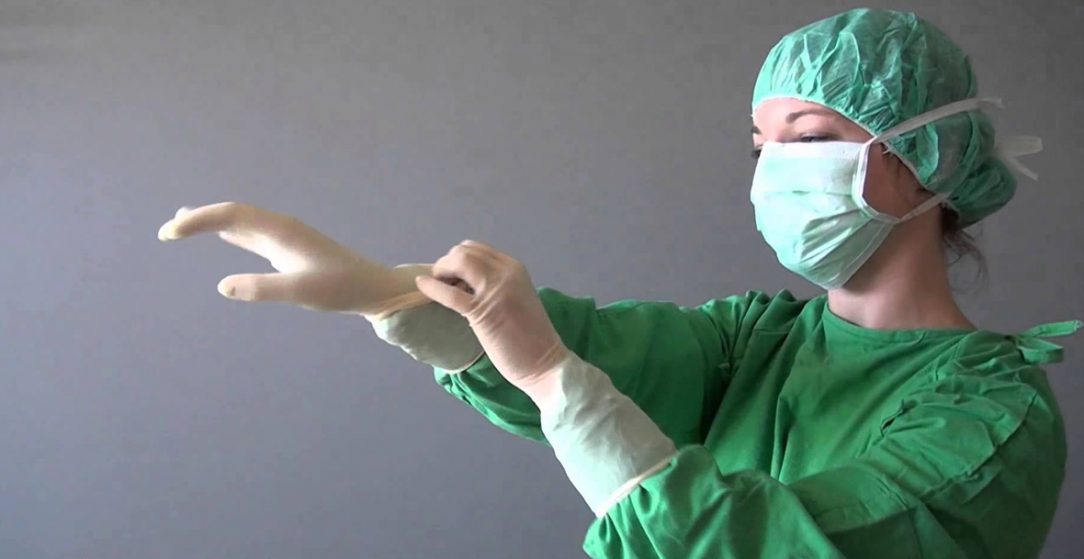Alterative:
A medicine or treatment which gradually induces a change, and restores healthy functions without insensible evacuations.
Antiseptic:
A substance which prevents or retards putrefaction, or destroys, or protects from, putrefactive organisms.
Antispasmodic:
A medicine which prevents or allays spasms or convulsions.
Anthelmintic:
Good against intestinal worms.
Aromatic:
Having an agreeable odor
Bilious:
Of or pertaining to the bile.
Carminative:
A substance, especially an aromatic, which tends to expel wind from the alimentary canal, or to relieve colic, griping, or flatulence.
Cathartic:
A medicine that promotes alvine discharges,the cathartics are more energetic and certain in action that the laxatives, which simply increase the tendency to alvine evacuation; and less powerful and irritaint that the drastic purges, which cause profuse, repeated, and watery evacuations.
Cordial:
Anything that comforts, gladdens, and exhilarates.
Demulcent:
A substance, usually of a mucilaginous or oily nature, supposed to be capable of soothing an inflamed nervous membrane, or protecting it from irritation. Gum Arabic, glycerin, olive oil, etc., are demulcents.
Diaphoretic:
A medicine or agent which promotes perspiration.
Diuretic:
Increasing the amount of urine secreted and discharged.
Emmenagogue:
A medicine that promotes the menstrual discharge.
Emetic:
Inducing to vomit, exciting the stomach to discharge its contents by the mouth. A medicine which causes vomiting.
Emollient:
An external something or soothing application to allay irritation, soreness, etc.
Expectorant:
Tending to facilitate expectoration or to promote discharges of mucus, etc., from the lungs or throat.
Galactagogue:
An agent that promotes the flow of milk.
Irritant:
A poison that produces inflammation without any corrosive action upon the tissues.
Nervine:
Having the quality of acting upon or affecting the nerves; quieting nervous excitement.
Neuralgic:
A substance which works to alleviate nerve pain.
Pectoral:
A medicine for diseases of the chest organs, especially the lungs.
Purgative:
A purging medicine; a cathartic.
Sedative:
A remedy which allays irritability and irritation.
Spasmodic:
A medicine for spasm.
Stimulant:
An agent which produces a temporary increase of vital activity in the organism, or in any of its parts.
Stomachic:
A medicine that strengthens the stomach and excites its action.
Tonic:
Increasing strength, or the tone of the animal system; obviating the effects of debility, and restoring healthy functions.
Vermifuge:
A medicine or substance that expels worms from animal bodies. |

